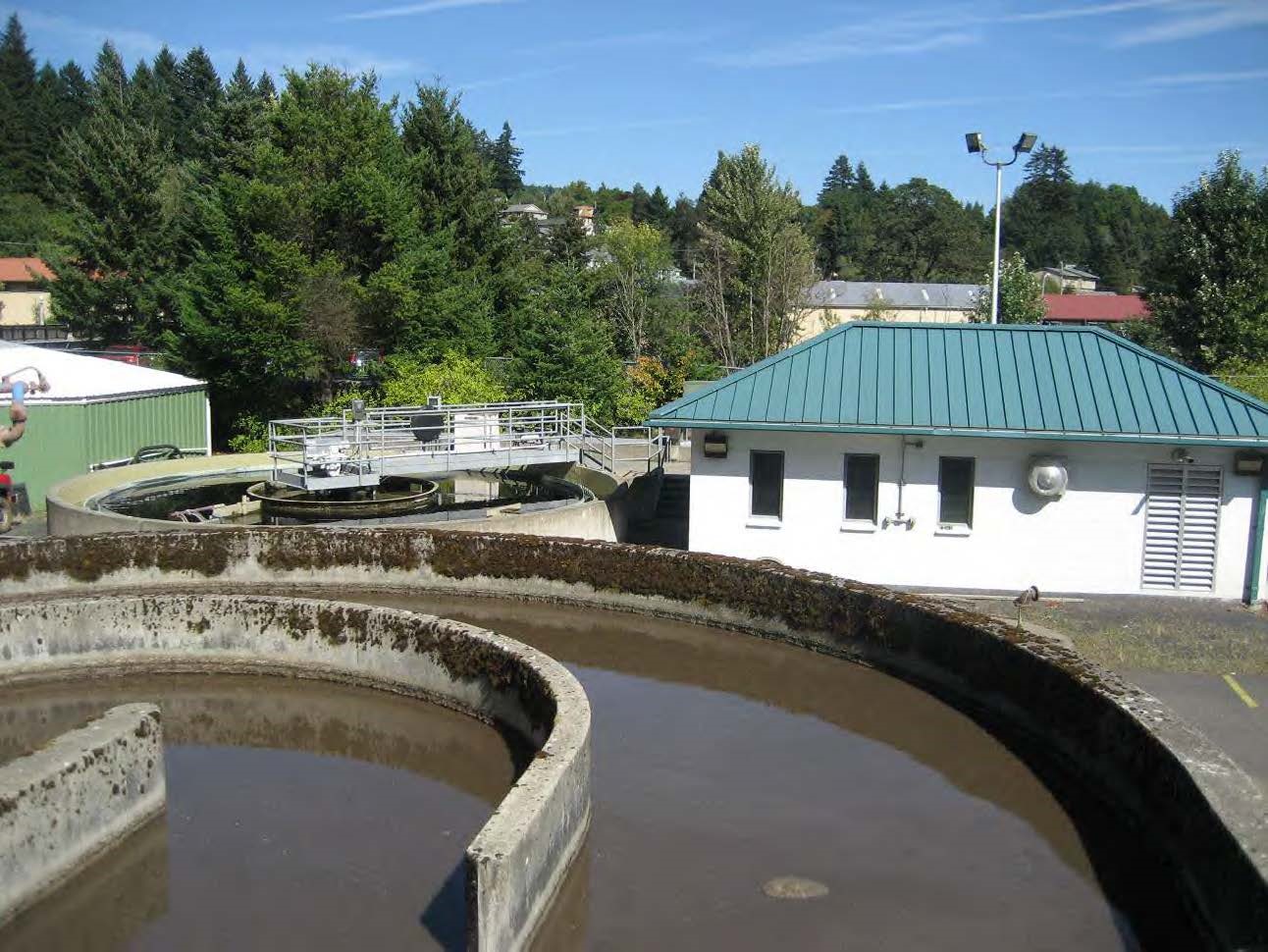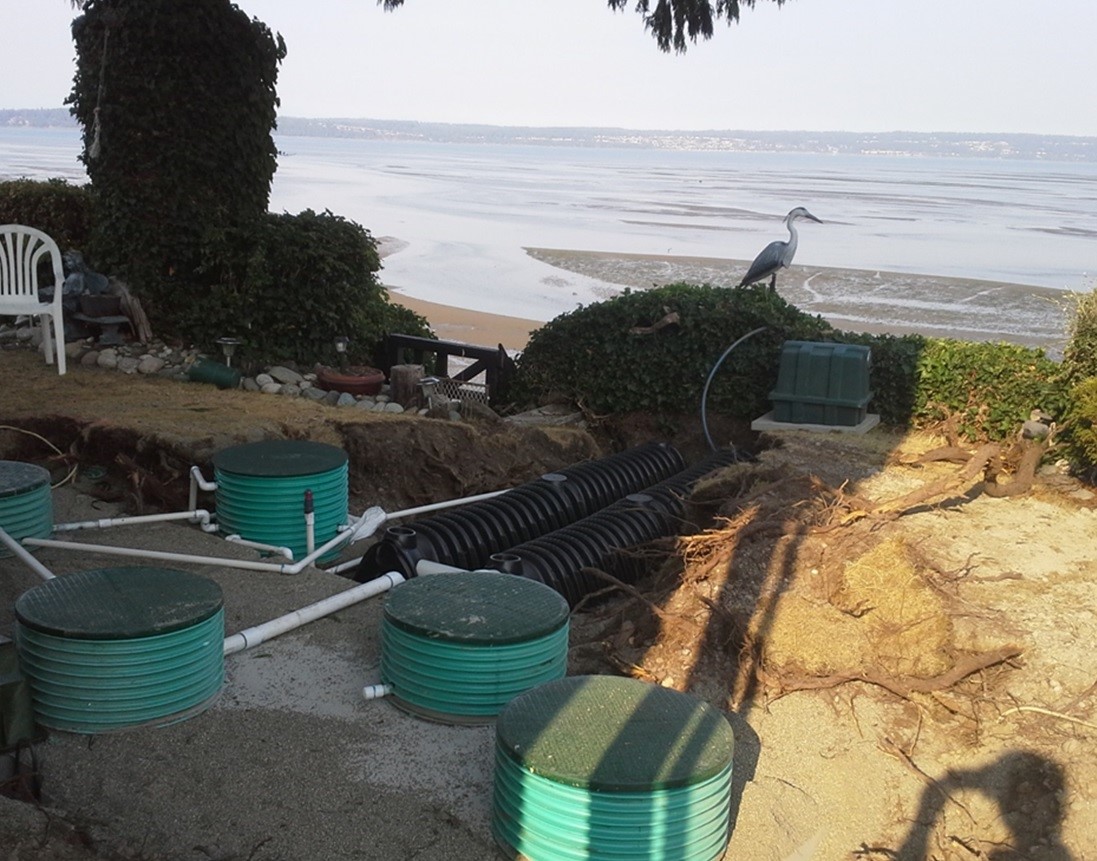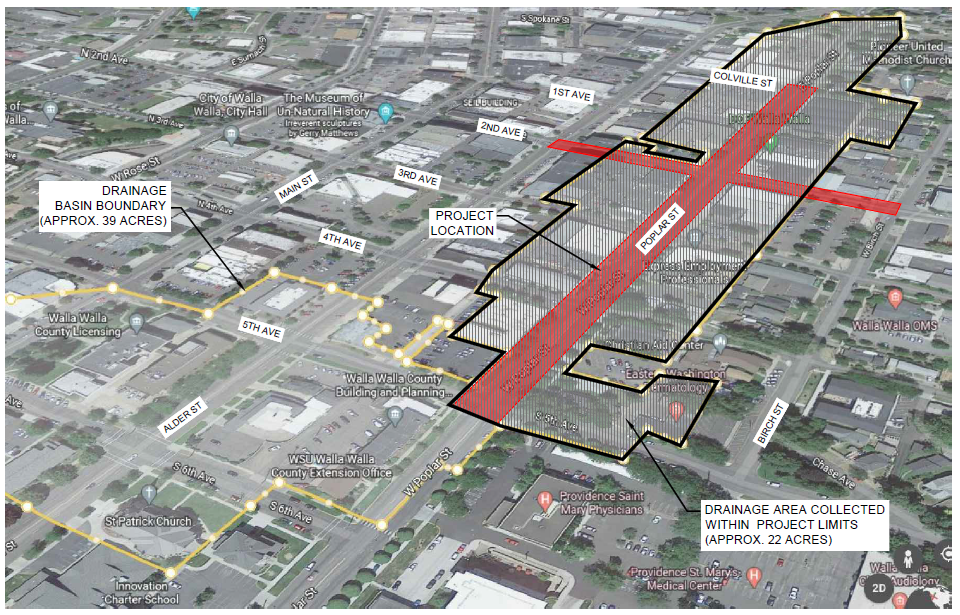
Ecology is proposing to award $282 million in grants and loans for 108 high-priority clean water projects across the state. Our Water Quality Combined Funding Program supports local communities by helping them upgrade wastewater treatment and sewer systems, manage polluted stormwater, and complete a variety of other projects to prevent and clean up more diffuse sources of pollution, also known as nonpoint pollution.
“Support from the legislature for clean water projects is direct support for local communities in Washington," said Vince McGowan, Ecology’s Water Quality Program Manager. "Local governments and organizations do the on-the-ground work to protect and restore clean water.”
Nearly 90% of the funding the Water Quality Program receives is passed through to local communities for environmental and infrastructure projects. Our clean water funding comes from a mix of state and federal funds dedicated for water quality improvements and protection. State financial managers calculate that 11 direct and indirect jobs are created in Washington for every $1 million spent on building clean water infrastructure. That means this round of grants and loans results in over 3,000 jobs.
Here are some highlights about the potential funded projects
Thirty-four projects are set to receive $30 million in grants, forgivable loans (loans that don’t have to be repaid), and low interest rate loans to address nonpoint pollution. Nonpoint pollution has a significant impact on water quality; it comes from diffuse sources instead of an identifiable pipe. Among the top-rated nonpoint projects are:
- Skagit County Health Department applied for funding to expand the highly successful Regional On-site Sewage System Loan Program (RLP). The program is proposed to receive a $5.5 million grant, a $2 million forgivable loan, and a $9.5 million low interest loan. The Loan Program provides financing for the repair and replacement of on-site septic systems through Craft3, a non-profit third-party lender. The RLP is a partnership between Ecology, Department of Health (DOH), local counties and health departments, and Craft3. Currently, 21 counties are covered by the program. Ecology’s funding will allow expansion of the RLP to all 39 counties in the state. Since its start in 2016, the RLP has completed 1,096 projects costing approximately $25.3 million, with 40% of the funds going to low-income owners. Each year, the repaired and replaced septic systems treat an estimated 145 million gallons of wastewater that would have otherwise polluted surface and groundwater.
Great Blue Heron oversees the installation of a new on-site septic system on Vashon Island.
- The nonprofit organization Stewardship Partners is marked to receive a $249,225 grant to implement the Snoqualmie Stewardship Riparian Restoration and Maintenance Project in Snohomish County. The project will improve water quality by restoring 2,900 feet and maintaining another 5,700 feet of vegetated riparian buffer along the Snoqualmie River. The Stewardship Partners will accomplish this by working with five agricultural landowners.
Forty-six communities and port districts will potentially split $42 million in grants and low interest loans to implement projects to manage and reduce stormwater pollution. Stormwater projects include:
- The City of Liberty Lake in Spokane County is slated to receive a $167,568 grant to develop a Stormwater Master Plan. The plan will guide the selection and placement of infrastructure and management of stormwater in the city. The grant will also fund a rate study to update the city’s stormwater utility fees. This planning work is especially important at this time because it critical to meet their stormwater permit requirements.
- The City of Walla Walla in Walla Walla County is tagged to receive a $1.2 million grant to design and construct the Poplar Street (Colville to 5th) Stormwater Green Retrofit Project. The project will treat and infiltrate stormwater runoff along a five block section of Poplar Street in downtown Walla Walla. This will improve water quality in Lincoln Creek, Mill Creek, and the Walla Walla River by reducing the release of stormwater containing hydrocarbons, metals, fertilizers, pesticides, and fecal coliform to the existing system that currently discharges directly into Lincoln Creek and Mill Creek.
The Poplar Street
Twenty-eight wastewater projects are proposed to receive approximately $209 million in grants, forgivable loans, and low interest loans. Five of the projects qualify for special hardship financial assistance in order to ensure the project can go forward without overly burdensome increases in the sewer bills for residents in these small, financially challenged communities. Among the likely funded wastewater hardship projects are:
- The City of Stevenson in Skamania County is on the list to receive a $931,946 grant and a $9 million low interest loan to construct upgrades and expansion of its wastewater treatment facility, pump stations, and 900 feet of its sewer system. The project will help the city comply with an Administrative Order issued by Ecology in 2017. In addition, the sewer extension will serve an area currently unserved by the sewer system. This portion of the project will reduce pollution from existing onsite sewage systems that discharge wastewater that affects fish-bearing channels of Kanaka Creek and Vallett Creek.
The City of Stevenson’s Wastewater Treatment Plant.
- Chelan County Public Utilities District is set to receive a $2.5 million grant and a $1 million low interest loan to design and build improvements to the Town of Dryden’s wastewater treatment facility. The improvements will benefit the Wenatchee River by reducing the amount of phosphorus going into the river. These improvements are required to achieve phosphorus reductions identified in the Wenatchee River Watershed Dissolved Oxygen and pH Total Maximum Daily Load Water Quality Improvement Report issued by Ecology in 2009.
Let us know what you think
We are holding a public comment period on the Draft Funding List until 5:00pm on February 14. Please submit comments via our online comment form (eComments). If you have questions, please contact Daniel Thompson at daniel.thompson@ecy.wa.gov or 360-407-6510 or attend the public meeting we are holding at 1:00pm on February 3 via WebEx.
Final funding is contingent on approval of appropriations in the state’s 2021-2023 Biennial Budget. We will respond to all comments received during the comment period and notify all commenters when we publish our Final Funding List usually around July 1.
More information
For more information, including access to an interactive map of funded projects and access to the draft list please visit the Water Quality Combined Funding Program Funding Cycles webpage.




